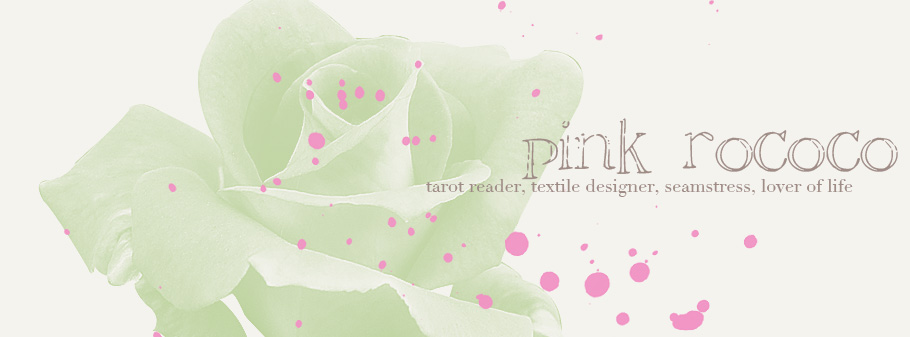Without much effort I can imagine myself seamlessly stepping into the frame and sitting at one of the tables in this picture-- ordering an iced tea and people watching. The weather would be very warm and slightly humid with a soft breeze-- my favorite type. I could easily imagine hearing people inside the cafe laughing and talking amongst the sounds of clicking silverware into their dinner. I can't help it- the painting speaks to me and the romantic aspects have had influence in my decision to work at a rather prominent coffee place. I can safely say without any sort of regret, that that romanticism has most certainly not pulled through in real life. If anything, it has been more of a nightmare and let me down considerably. Now I'm stuck in limbo-- but maybe not
quite the sort that drove van Gough to cut off his ear.
Either way, my livelihood is a depressing one. Just today I was yelled at unnecessarily over a customer having to wait for a cup of water. Is this really what would have happened on van Gough's terrace?
A good friend of mine has told me for a long time that such a job is worthless in the long run; it drains you of energy that could be put towards more creative, fruitful, happy pursuits. The dependable paycheck and health benefits seem to laugh and stick their tongues out at such a reasonable conclusion. In an economy as bad as this one, you're supposed to hold onto every opportunity you get. 11.90 an hour, health benefits, tips, vacation hours, sick hours, stock options? You're supposed to keep that. I'm allegedly "too young" to start complaining about things such as this-- but every snarky, ignorant, rude customer grinds me deeper into resentment and my experiences lead me to firmly say that no one deserves to be treated like this.
So what does this all mean in the long run?
I look at the painting and think of the waiters and baristas who may have worked at that cafe, Place du Forum. The late 1880s where this painting originates weren't a great time. Finding decent work wouldn't have been a difficult choice when your few options include slinging coffee, working in a factory or a coal mine. At the same time, I can't help but come to the conclusion that every single one of those in the painting would have quit had they found a better opportunity. At the chance of a better life and working conditions, they would have up and left with few regrets. Things were much more difficult back then and definitely more black-and-white, much more of a risk. But had they believed in it, they would have done it. It would have promised more income and a better life.
What's stopping me?




